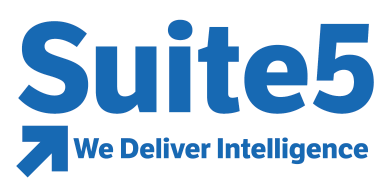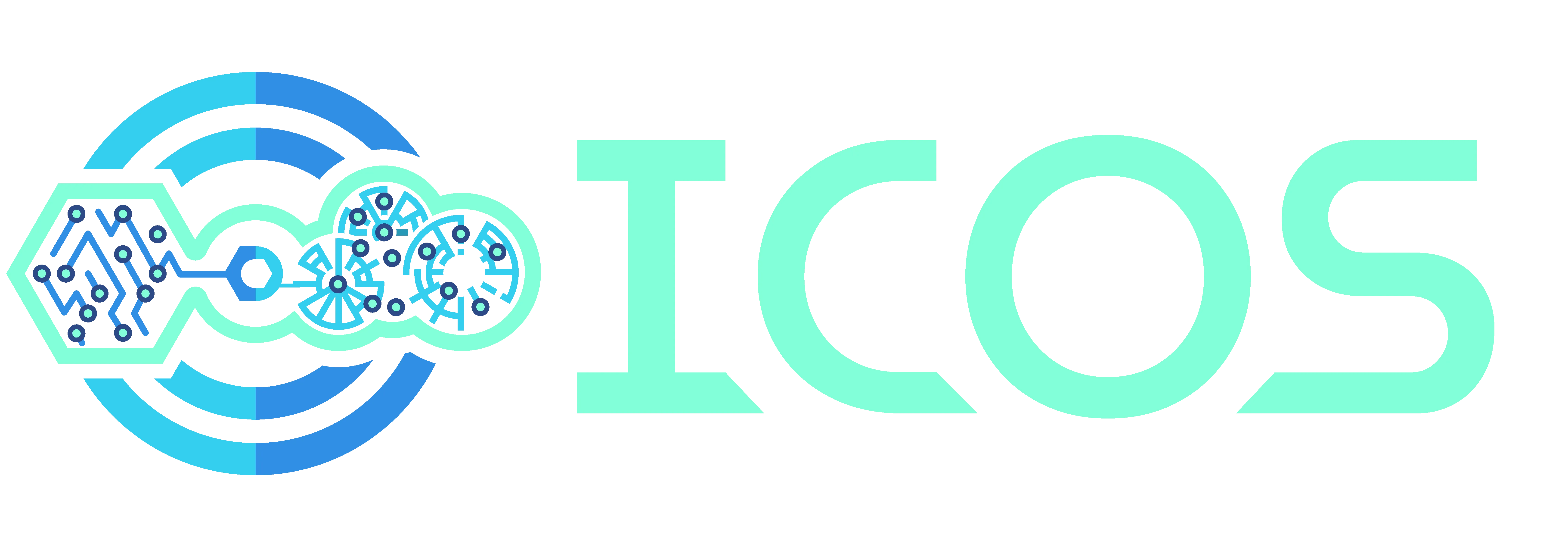The ethical principles of the ICOS Ethics Management Framework
Towards establishing the foundations of the ICOS Ethics Management Framework, research on the regulations and directives in the domains of markets, people, data and systems at the EU level has been conducted, covering regulatory frameworks such as the GDRP, Cybersecurity Act, AI Act and Data Governance Act. Rather than adopting strictly such legislations (apart from the ones that are mandatory for every IT system, such as the foreseen ICOS services), focus has been given on creating a broad framework in which the ICOS project will evolve towards its successful implementation. In this sense, these legislations have inspired the subsequent elaboration of the key ethical principles of the ICOS Ethics Management Framework, which set a common ethical roadmap for the different ICOS activities and are presented below.
Equity, Diversity, and Inclusion (EDI)
The values of Equity, Diversity and Inclusion will be highly respected during the design and implementation activities of the ICOS project. These values refer to the participation of people from all social groups, irrespective of their age, nationality, religion and race, in the activities of the project, while no people exclusion measures shall be employed. In this sense, ICOS will safeguard that during the Use Cases and Open Calls, all interested stakeholders will be able to participate, without any limitations, as defined above. In addition, the IT systems designed and developed for ICOS services will ensure that the personalities of all participants in the Use Cases and Open Calls will be respected in terms of producing non-discriminating results for them. Specific attention shall also be given to gender equity, where the principles of the Horizon Europe Programme Guide will be followed. Gender balance among researchers involved in the ICOS project will be strongly encouraged.

Transparency and Information in Recruitment
For the recruitment of participants in the ICOS Use Cases, as well as in the 3rd parties Open Calls, a clear process will be followed, which will ensure that the EDI principles will be respected and that Use Case and Open Calls participants will receive all necessary information for understanding the activities in which they will be included, towards a successful implementation of the Use Cases and Open Calls. More specifically, the participants shall receive the appropriate material for realizing the nature of the ICOS services, while their explicit consent for the processing of any personal data shall be given after a comprehensive presentation of the Use Cases’ activities and filling-in of user-friendly consent forms. Moreover, the possibility of withdrawal from the participation in a Use Case shall be given to the participants that should be also always informed about their rights over personal data under GDPR.
Democratization and Empowerment of Participation
Complementarily to the EDI principles and recruitment transparency, the democratization of the participation process in the Use Cases and Open Calls shall be facilitated in the ICOS project. In this context, the active and motivated contribution of participants to the activities of the Use Cases and Open Calls shall be encouraged with clear intention from the ICOS consortium to show that the opinions of participants are taken into consideration in the execution and evaluation of demonstrators. The communication between the Use Case leaders and the various participants shall be performed in a user-friendly and simple manner, with a continuous attempt to keep participants motivated and willing to actively assist in the successful operation of the demonstrators.
Data Collection and Governance for Citizens
Through the whole lifecycle of data collection and management activities in the ICOS Use Cases and Open Calls, the participants will be actively engaged. On the one hand, they will be informed in detail about the required consent that they will have to give for the process of their personal data, where necessary, while on the other hand, they will become aware of their rights according to GDPR. In this way, they will have full control of their data and will feel secure about their processing by the ICOS project. This will further enhance the data collection and governance tasks in the Use Cases, as the participants will facilitate the corresponding processes due to the better understanding of the data management cycle during the evolution of the ICOS project. Moreover, the distribution of results of ICOS services to the participants will be conducted in a user-friendly way in order to enable the optimal evaluation of the Use Cases and Open Calls outputs by the participants.
Contribution to Society
ICOS shall target through the successful execution of its Use Cases and Open Calls at the subsequent beneficial contribution of its results to the society. This could be considered as a bidirectional relationship between ICOS and the different social groups that may participate in its demonstration activities, in the sense that the contribution of participants to the Use Cases and Open Calls will eventually lead to the fruitful return of the ICOS’s successful outputs to the participants that will be benefited by the ICOS services. Without any means of discrimination, ICOS shall respect the social and financial status of the participants in order to encapsulate them smoothly in the Use Cases and Open Calls towards the optimal execution of demonstration activities and the diffusion of benefits in the society.


This project has received funding from the European Union’s HORIZON research and innovation programme under grant agreement No 101070177.


